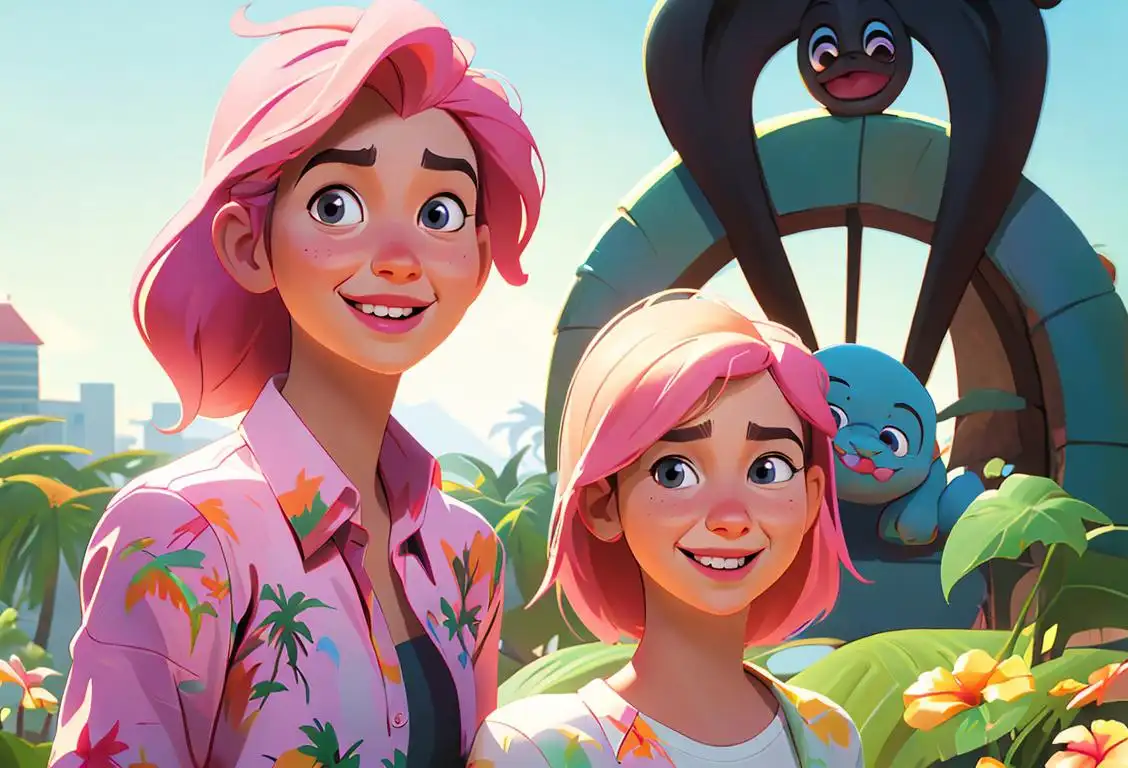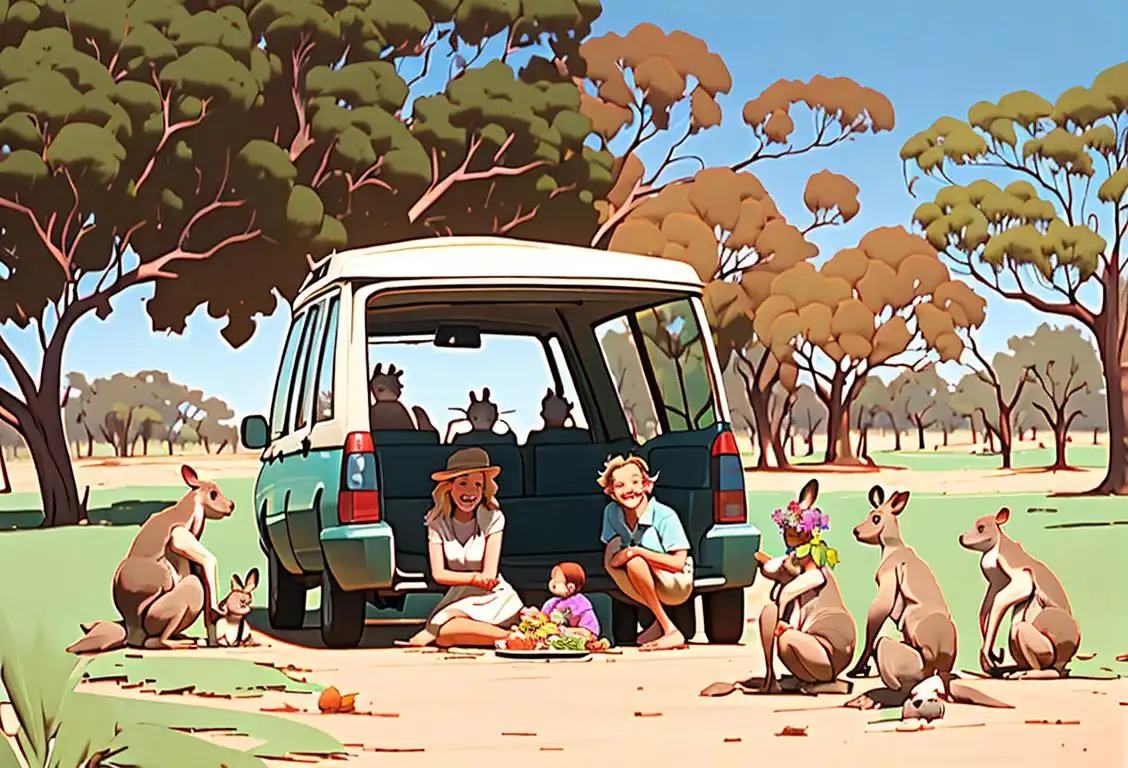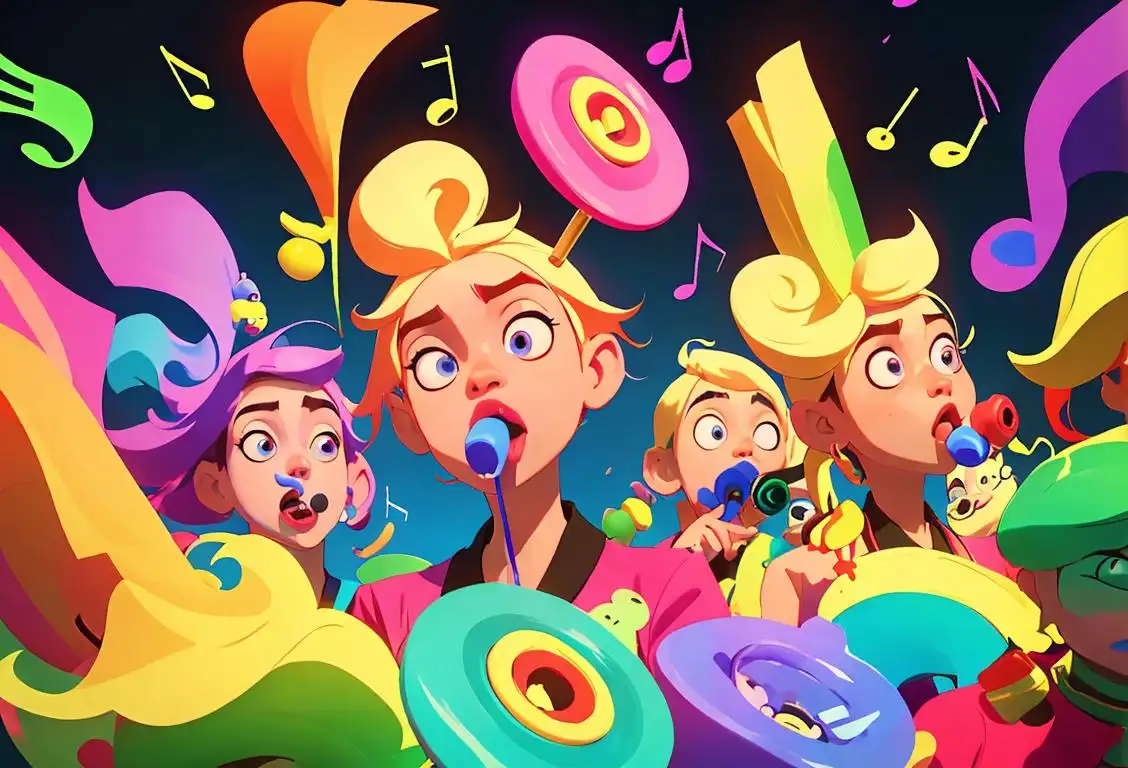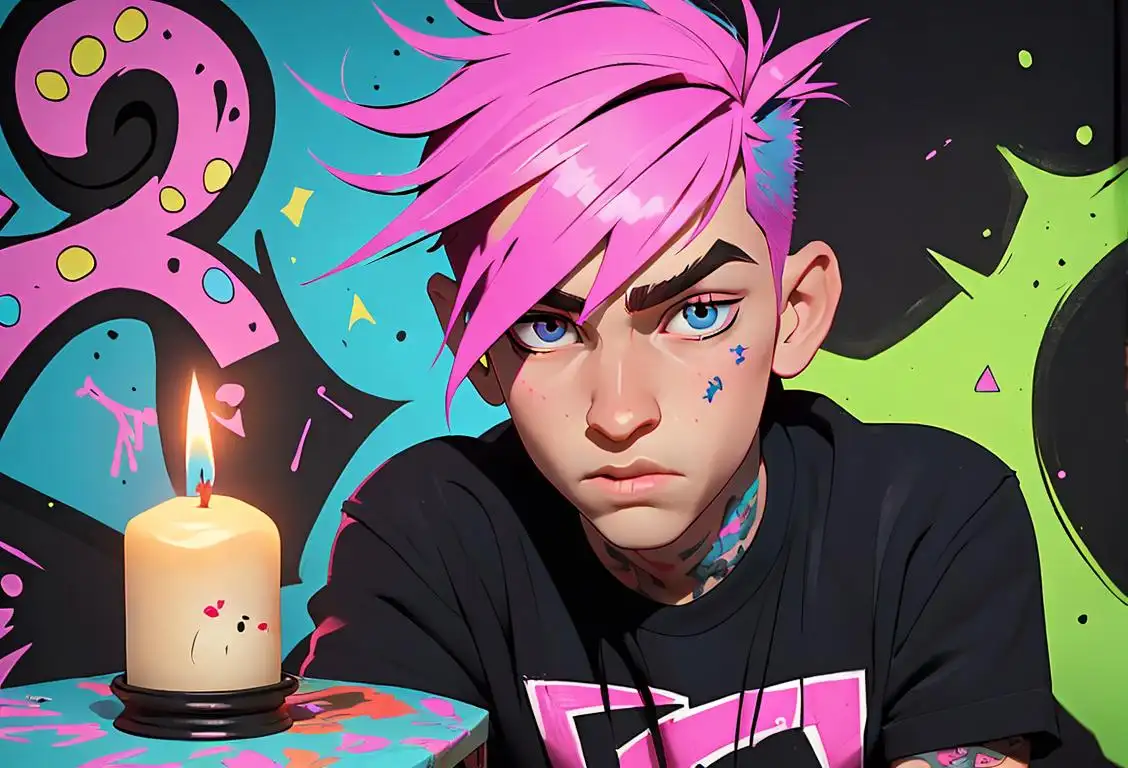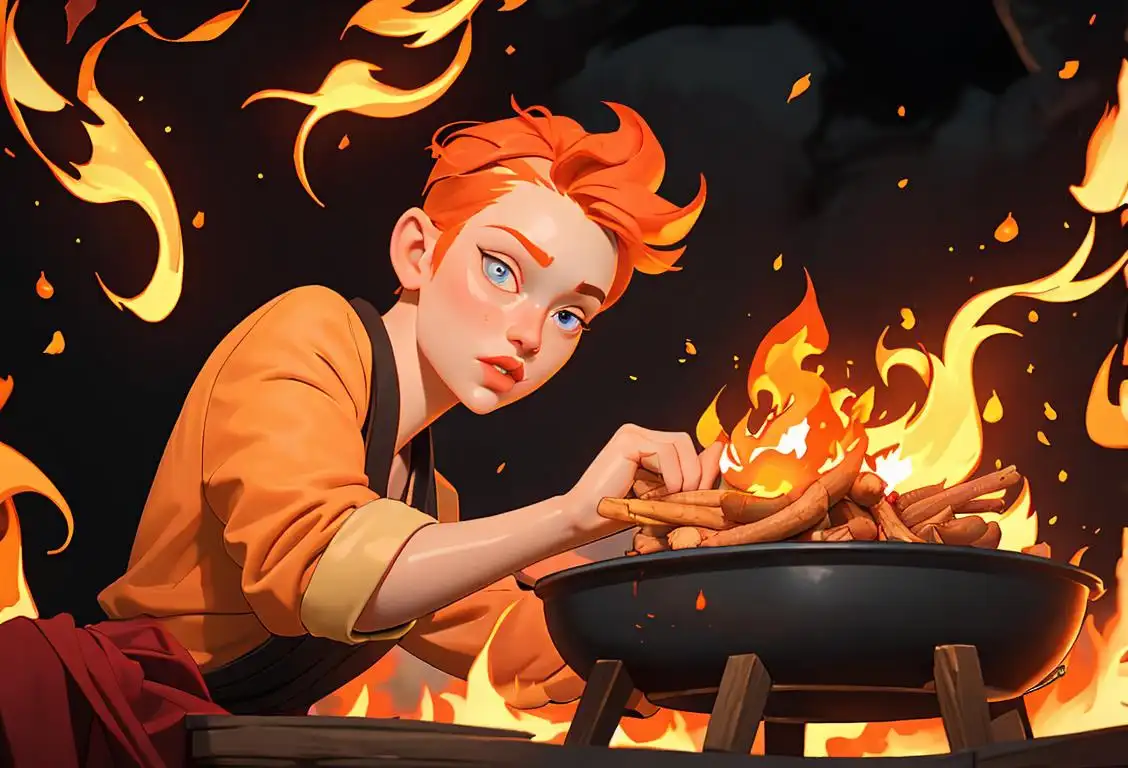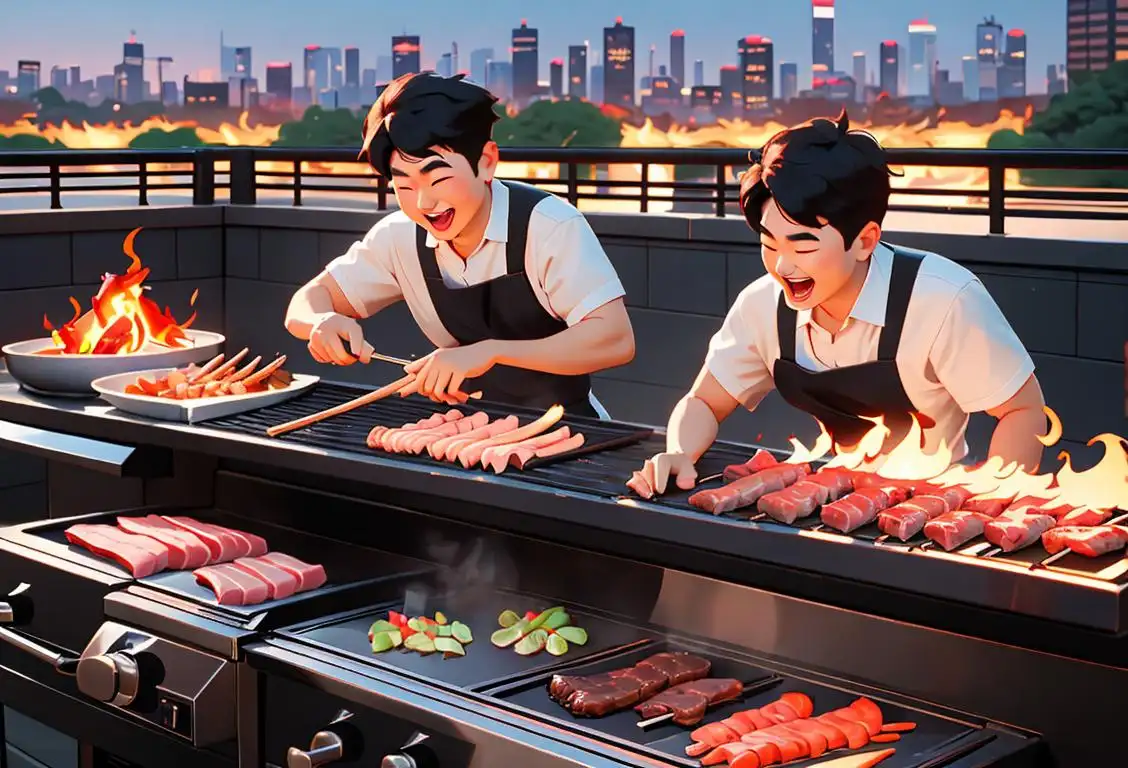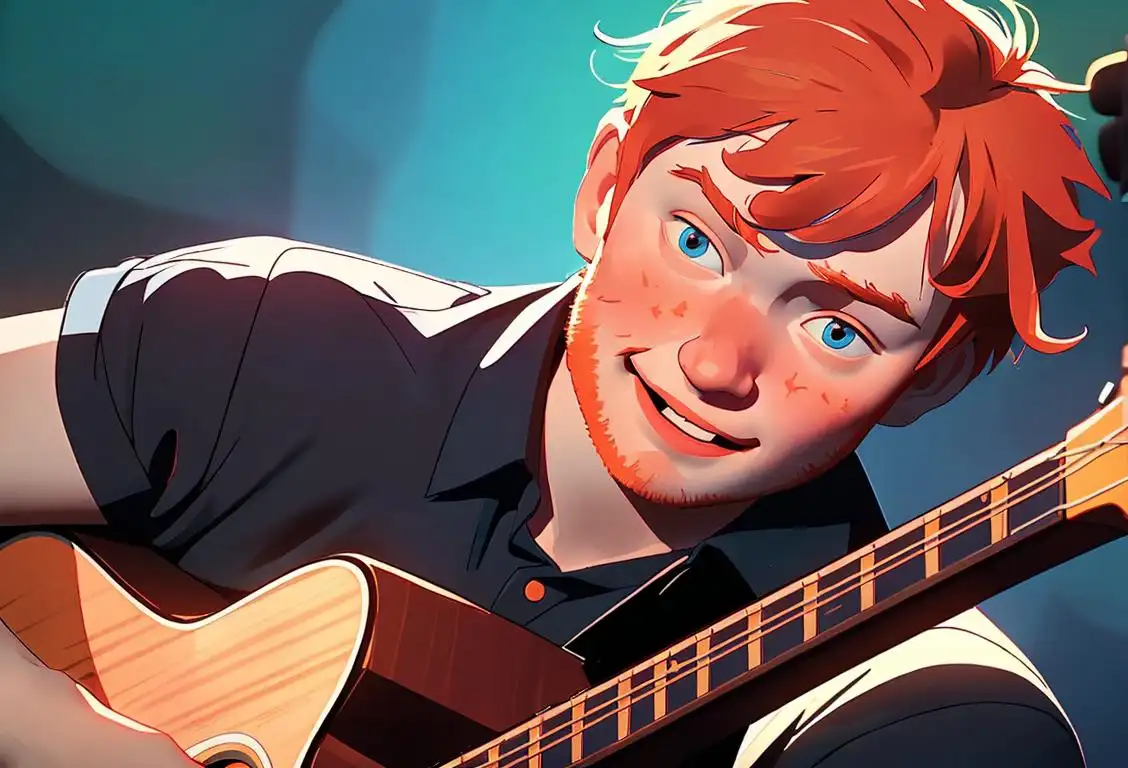National Emo Day
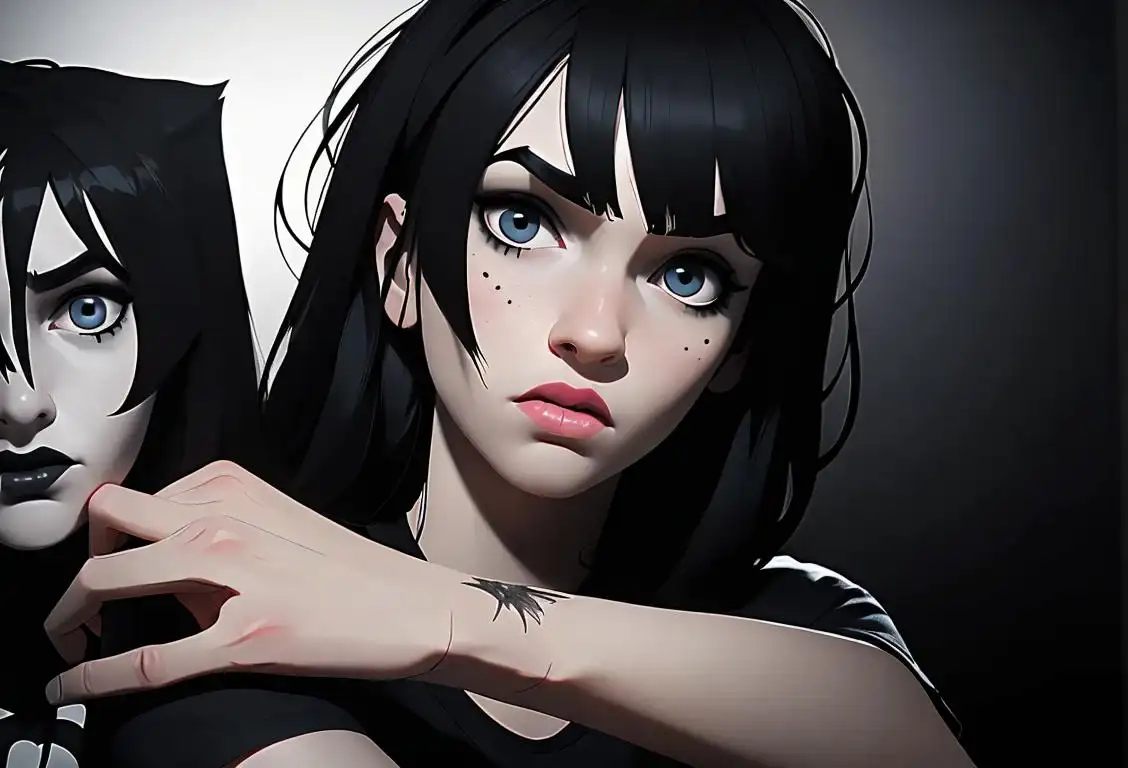
We all have those moments listening to old My Chemical Romance songs in our darkened rooms, right? No? Only me? Maybe that's part of the reason there's a whole national day dedicated to it. Yes, indeed, National Emo Day is every bit real, and as intriguing as its name suggests. Sit tight, you're about to enter an abyss of nostalgia, alte-rock music references, maybe a bit of black eyeliner, and the fascinatingly moody culture of emo.
When is Emo Day?
It's national emo day on the 20th December.
When the Day Stands Out
The internet data tells the tale. With a staggering number of 14336 online mentions, it seems that December 20th was particularly high in feelings and introspectivity back in 2019. Whether it was a collective emotional output or just an increase in Fallout Boy’s Spotify streams, we may never know. But one thing's for sure, those 24 hours were a celebration of all things emo.
Eyeliner Marked in History
The word 'emo' started making the rounds in the mid-1980s as a descriptor for a style of rock music characterized by emotional lyrics and intense softer melodies (think Bob's Big Boy hair meets black eyeliner). However, emo infiltrated the internet in the early 2000s, riding on the wings of beloved bands like Panic! at the Disco and Jimmy Eat World. National Emo Day, though a more recent development, serves as a reminiscent nod to this ebb in music history.
Why Celebrate?
Why have a day to celebrate a music genre that's somewhat faded from our everyday lives? That's like asking why we celebrate Christmas when Santa stopped dropping gifts off personally. The answer is simple. These days remind us of where we've been, what we've felt, and the fantastic music that helped us get through tough times. Besides, who doesn't love a non-ironic excuse to adorn a black band tee, blast 'Helena' and relive their angst-ridden teenage years?
Beyond the Music
While the genre may originate in music, emo culture goes beyond that. It includes fashion, literature, films – a whole ethos, in fact. Emos, shrouded in their unique aesthetic, gave voice to feelings that weren't often embraced openly. Emo Day, therefore, is an acknowledgment of these defiant norms, celebrating not just a subgenre but a whole movement of self-expression.
History behind the term 'Emo'
1980s
Origins in the Punk Rock Scene
In the 1980s, the term 'emo' began to emerge as an abbreviation of 'emotional hardcore.' It was used to describe a subgenre of punk rock music that incorporated emotional lyrics and personal expression. Bands like Rites of Spring and Embrace were pioneers in this emotional and introspective style.
Mid-1990s
Adoption and Evolution
By the mid-1990s, 'emo' had gained wider recognition and found a home in the underground music scene as well as the emerging indie and alternative rock scenes. Bands like Sunny Day Real Estate and Jimmy Eat World helped popularize the term and the emotional, confessional style of music associated with it.
Early 2000s
Mainstream Success
In the early 2000s, 'emo' music began to achieve mainstream success, thanks in part to bands like Dashboard Confessional, Brand New, and My Chemical Romance. The emotionally charged lyrics and relatable themes resonated with a generation of teenagers grappling with their own emotions and identity.
Cultural Significance
Fashion and Subculture
The term 'emo' not only influenced music but also gave rise to a distinct fashion and subculture. Emo fashion, characterized by dark clothing, dyed hair, expressive accessories, and often featuring band merchandise, became a visual representation of the emotional and alternative mindset associated with the term.
Present Day
Continued Influence
While the popularity of 'emo' music has fluctuated over the years, the influence of the term and the associated subculture can still be seen in various forms of alternative music and fashion today. The emotional honesty and introspective nature that 'emo' represents continue to resonate with individuals seeking a means of self-expression.
Did you know?
Did you know that the term 'emo' comes from the word 'emotive' and it was originally coined in reference to a subgenre of rock in the 1980s? As for National Emo Day, it didn't even exist until the internet's collective antsy spirit brought it forth!Tagged
awareness fun rememberance nostalgia culture music emo emoculture historicdays uniquedays rockmusic selfexpressionFirst identified
22nd March 2015Most mentioned on
20th December 2019Total mentions
14336Other days
Emo Day
Ellie Day
Thug Day
Australia Day
Kazoo Day
Lil Peep Day
Ginger Day
Korean Bbq Day
Adele Day
Ed Sheeran Day
